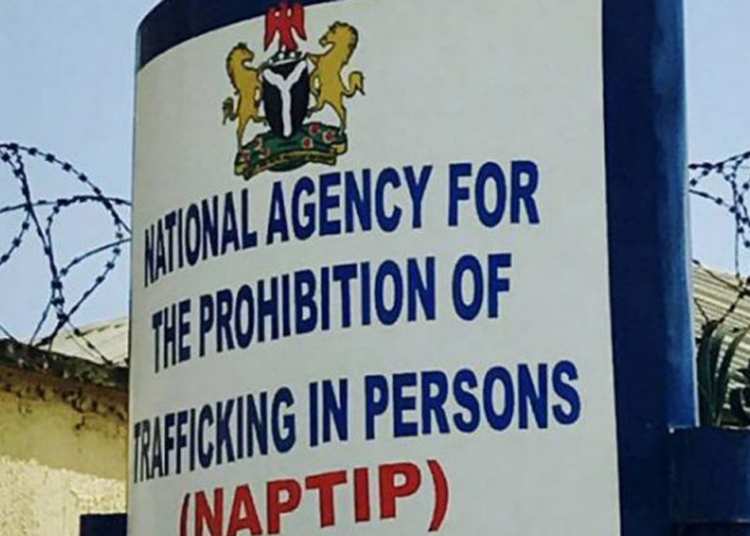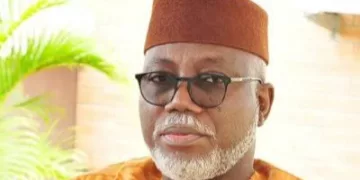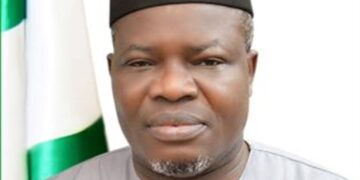The Director-General of the National Agency for the Prohibition of Trafficking in Persons (NAPTIP), Binta Adamu Bello has declared a tougher period ahead for human traffickers in Nigeria, warning that the agency was set to intensify its crackdown on trafficking syndicates across the country.
Speaking in Abuja on Thursday at a press conference to flag off the 2025 World Day Against Trafficking in Persons, Bello said the agency will scale up coordination, surveillance and enforcement to dismantle the growing trafficking networks operating across borders and increasingly through digital platforms.
“It will be very challenging for human traffickers in the country from now,” she said. “We shall increase our coordination mechanisms to empower all state and non-state actors to detect and report issues of human trafficking anywhere in the country.”
She disclosed that NAPTIP has strengthened its cybercrime squad and integrated it with the joint case team on cybercrime under the Federal Ministry of Justice.
This, she explained was to respond swiftly to the growing trends of online exploitation.
The agency, she added, is also deepening collaboration with the intelligence community and other law enforcement agencies to improve surveillance, rescue operations, and interception of both traffickers and victims.
Bello highlighted emerging trends in trafficking that have made the crime more complex and dangerous.
She explained that traffickers now operate through fake job and scholarship offers, online loan scams that lead to sexual exploitation, organ harvesting schemes, baby factories, and the use of social media platforms to lure and trap victims.
The NAPTIP boss noted that many youths were being recruited into online scams within Nigeria, Ghana and other parts of West Africa, while cases of sextortion and revenge porn were also on the rise.
According to her, traffickers now disguise their operations as legitimate offers or services, making detection more difficult.
Despite these challenges, the NAPTIP boss said the agency is recording progress, using its five-point strategy built around prevention, protection, policy, partnership and prosecution.
She stressed that the agency has intensified awareness campaigns across the country, rescued and rehabilitated victims, strengthened policy frameworks, and expanded collaboration with international and local partners to ensure that offenders were brought to justice.
Country representative for United Nations Office on Drugs and Crime, Nigeria, Mr. Cheikh Toure reaffirmed the UNODC’s solidarity with Nigeria in confronting the scourge of human trafficking.
Toure said this year’s theme: “Human Trafficking is Organised Crime: End the Exploitation,” demands the recognition that trafficking is not incidental crime, but a calculated, transnational enterprise profiting from the vulnerability of women, children, and men.
“We must dismantle criminal networks through coordinated, cross-border action, strengthening justice, protecting victims, and holding perpetrators accountable,” he stated.
He further noted that trafficking festers where vulnerability is highest in underserved communities, border regions, and among marginalised youths, a fight he said policies alone cannot win.
“We must redirect energy and resources to the grassroots: empowering local leaders, traditional institutions, and community networks. The frontline of this battle is where poverty and desperation are exploited,” he stated.
Esther Michael Sawa who represented the Office of the United Nations High Commission for Human Rights at the event said the commission’s support for NAPTIP goes beyond funding.
“It is a partnership grounded in respect, accountability, and a shared vision of a world where every individual is protected.”





